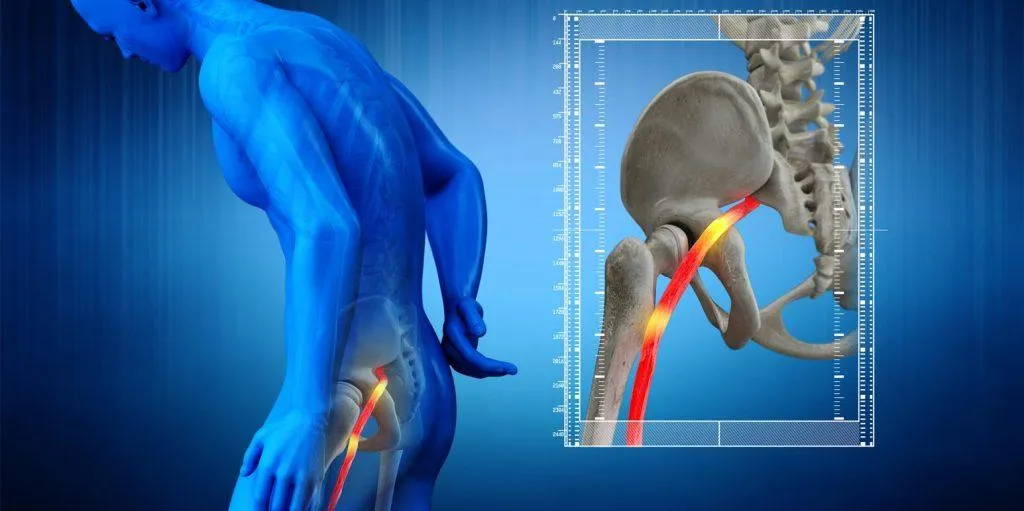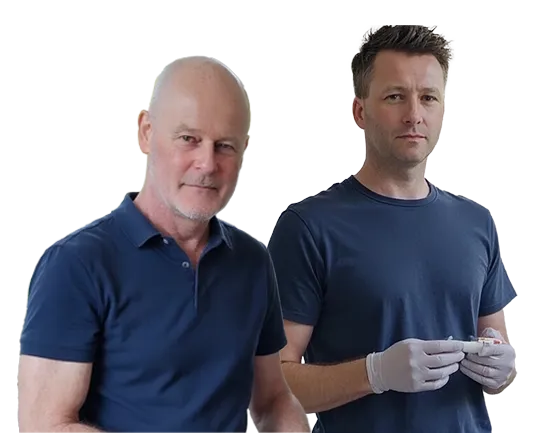Pinched Nerve
Understanding a Pinched Nerve: Causes, Symptoms, and Relief
A pinched nerve occurs when there’s excessive pressure placed on a nerve by surrounding tissues, such as bones, cartilage, muscles, or tendons. This pressure disrupts the nerve’s function, causing pain, tingling, numbness, or weakness. Pinched nerves are relatively common and can affect various parts of the body, especially in areas where nerves pass through narrow spaces, such as the spine, neck, shoulders, wrists, and elbows.

What Causes a Pinched Nerve?
Several factors can lead to a pinched nerve, including:
Repetitive Movements
Activities involving repetitive motion—like typing, lifting, or even sleeping in an awkward position—can strain and compress nerves over time.Injury or Trauma
Accidents, falls, or sports injuries can cause direct damage to nerves or lead to swelling in nearby tissues, putting pressure on a nerve.Herniated or Bulging Disc
In the spine, a herniated disc can press against nearby nerves, often resulting in lower back or neck pain that radiates down the arm or leg.Arthritis
Conditions like osteoarthritis or rheumatoid arthritis can cause joint inflammation, bone spurs, or tissue changes that compress nerves.Obesity
Excess weight puts added strain on the body’s structures, increasing the risk of pinched nerves, especially in the lower back.Posture and Alignment Issues
Poor posture can lead to compression of nerves over time, especially in the neck and back areas. For instance, prolonged use of mobile devices or slouching can strain the neck and spine.Other Medical Conditions
Certain conditions, such as diabetes or thyroid disease, can lead to nerve damage or inflammation, making nerves more susceptible to compression.
Common Symptoms of a Pinched Nerve
The symptoms of a pinched nerve can vary depending on the location and severity of the compression, but typical signs include:
Sharp or Aching Pain
Pain often radiates along the nerve path and may feel sharp, burning, or aching.
Numbness or Tingling
You may experience “pins and needles” sensations in the affected area, especially in your arms or legs.
Muscle Weakness
A pinched nerve can reduce strength in the affected muscles, impacting your ability to grip objects or perform daily tasks.
Loss of Sensation
In some cases, a pinched nerve can result in decreased sensation in the area served by the nerve.
Feeling of Limb “Falling Asleep”
This sensation is common, particularly with pinched nerves in the lower back, which may cause leg symptoms.
Locations Commonly Affected by Pinched Nerves
Cervical Spine (Neck)
A pinched nerve in the neck can cause symptoms in the neck, shoulders, arms, and hands. This is often due to conditions like a herniated disc or poor posture.Lumbar Spine (Lower Back)
A pinched nerve in the lower back may lead to sciatica—a condition in which pain radiates from the lower back down the leg. It’s commonly caused by a herniated disc.Wrist (Carpal Tunnel Syndrome)
When the median nerve is compressed at the wrist, it results in carpal tunnel syndrome, characterised by numbness, tingling, and weakness in the hand and fingers.Elbow (Ulnar Nerve)
Compression of the ulnar nerve at the elbow, often referred to as “cubital tunnel syndrome,” causes tingling and numbness in the forearm and hand.
Types of Common Muscle Tears
At Physio Barnsley, we specialise in non-invasive approaches to treat pinched nerves and relieve symptoms. Here’s how physiotherapy can play a crucial role in managing and relieving pinched nerve pain:
Targeted Exercises
Specific exercises can help alleviate the pressure on the affected nerve and improve the surrounding muscle strength and flexibility, reducing strain. For example, gentle stretches in the neck or lower back can create space around the compressed nerve, promoting relief.Postural Training
Correcting posture is essential for reducing pressure on the nerve. Our physiotherapists assess your posture and work with you on techniques to improve alignment, especially for those with desk jobs or repetitive motions.Manual Therapy
Gentle mobilisation techniques can help reduce joint stiffness and alleviate pressure around the nerve. Manual therapy also enhances circulation, which supports the healing process.Soft Tissue Mobilisation
This technique targets the muscles and tissues around the affected area to release tension and decrease inflammation. It’s particularly useful for relieving tension in the shoulders, neck, and back.Education on Ergonomics and Body Mechanics
Our team provides guidance on proper ergonomics for your work or daily activities, such as computer positioning, chair height, and correct lifting techniques. This can be instrumental in preventing further nerve compression.Pain-Relief Modalities
Techniques like ultrasound therapy or electrical stimulation can reduce pain and inflammation, promoting relaxation and better circulation around the affected nerve.
Preventing a Pinched Nerve
Preventative measures can reduce your risk of pinched nerves, especially if you’re prone to repetitive strain or have a physically demanding job. Consider the following tips:
Maintain Good Posture
Whether sitting, standing, or lifting, good posture reduces the risk of nerve compression.
Regular Stretching and Exercise
Incorporating stretching and strengthening exercises into your routine can help support the muscles that protect nerves.
Take Frequent Breaks
If you’re doing repetitive work or spending long hours at a desk, take regular breaks to stretch and adjust your posture.
Sleep Position Adjustments
Poor sleeping positions can put pressure on nerves, particularly in the neck and shoulders. Ensure you have a supportive pillow and avoid sleeping with arms above your head.
Maintain a Healthy Weight
Keeping a healthy weight reduces strain on your joints, which in turn reduces the risk of pinched nerves.
Pinched nerves can be incredibly uncomfortable, but with the right approach, relief is achievable. If you’re experiencing any of these symptoms, consider consulting Physio Barnsley to assess and address the underlying cause. Our dedicated team is here to help you restore comfort, mobility, and quality of life through targeted physiotherapy approaches.
Your Health Journey Begins Here – All Ages & Conditions Welcome!


Physio Barnsley was founded in 2004 by Peter Hartley. Together the clinical team provide revolutionary treatments unlike any other physiotherapy clinic in the UK.
Our Services
Connect With Us
50 Cannon Way
Claycliffe Business Park
Barugh Green
Barnsley
S75 1JU
© Physio Barnsley. 2026. All Rights Reserved.











